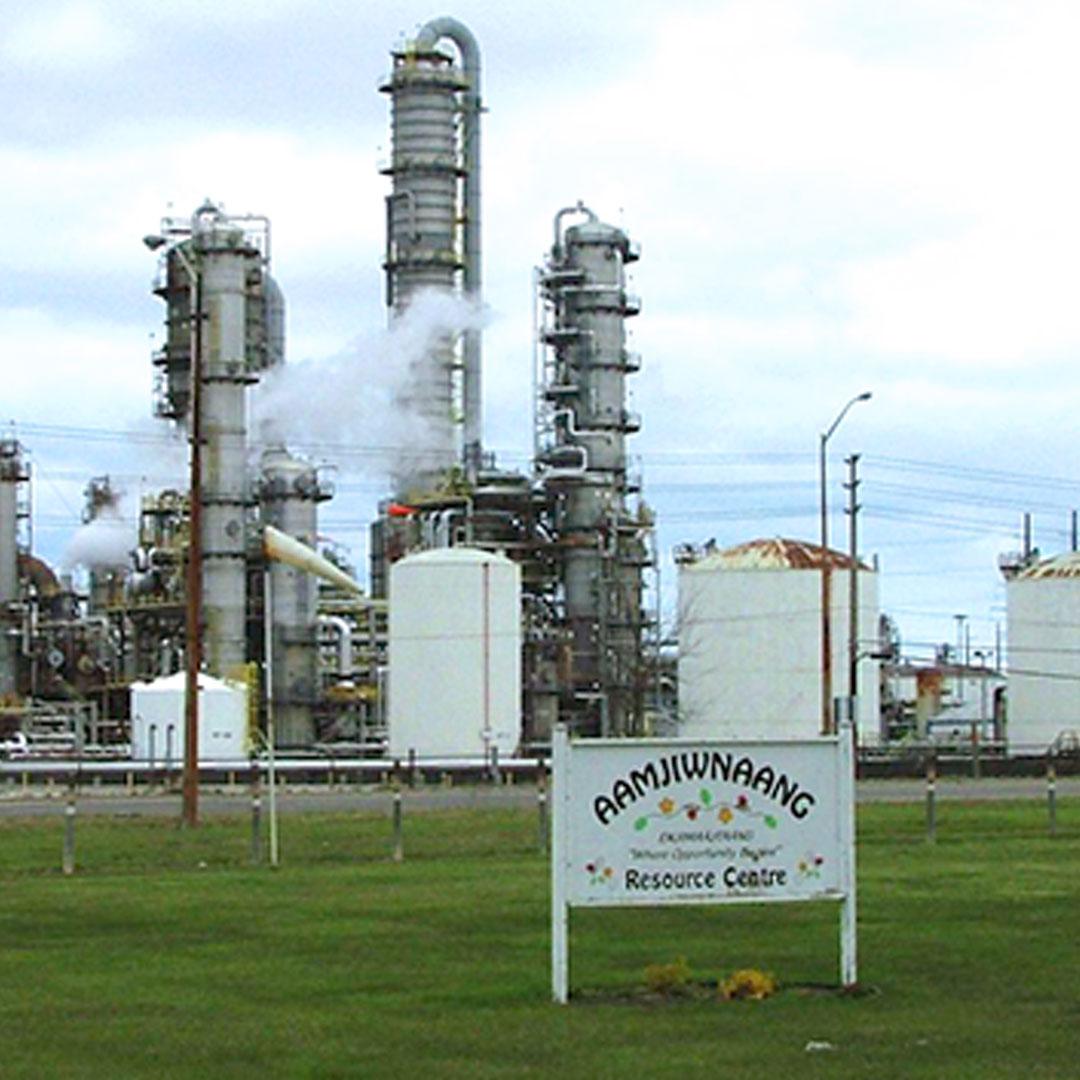Brought to you by:
Institute of Environmental Toxicology and Chemistry, The Foundation for WWU & Alumni
Description
Check out this video to watch the Toxicology and Societies Presents: A Cautionary Tale for Environmental Justice.
Tensions over the representation of reproductive health data in Canada’s Chemical Valley emerged when Aamjiwnaang First Nation members expressed concern about a skewed birth ratio in their community. From an interpretive policy analysis lens, this presentation addresses the discursive policy challenges faced by those who are most affected by the toxic policy assemblage of enduring pollution exposure. In response to the research question: how can the voices and lived-experiences of those living in pollution hotspots like Chemical Valley contribute to the theory and practice of environmental justice, the book Everyday Exposure draws upon findings from extensive field-work in Lambton County, including participant observation at townhall meetings and in-depth interviews. Findings highlight four discursive challenges: a struggle to define scientific expertise, the politics of scale, an overemphasis on lifestyle blame, and jurisdictional ambiguity. The book concludes with strategies for improved environmental justice and lessons learned for policy justice in Canada and beyond.
More information about the speaker series is available, as are all past Toxicology and Societies recordings.
Tile image photo credit: by TheKurgan, from Creative Commons.
Featuring:
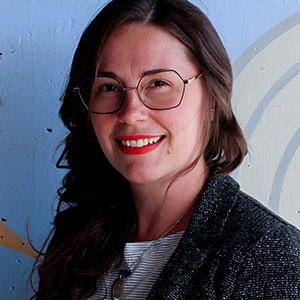
Dr. Sarah Marie Wiebe, Speaker
Dr. Sarah Marie Wiebe grew up on Coast Salish territory in British Columbia, BC. She is an Assistant Professor in the School of Public Administration at the University of Victoria and an Adjunct Professor at the University of Hawai'i, Mānoa with a focus on community development and environmental sustainability. She is a Co-Founder of the Feminist Environmental Research Network Collaborative and author of Life against States of Emergency: Revitalizing Treaty Relations from Attawapiskat with UBC Press, 2023. Her book Everyday Exposure: Indigenous Mobilization and Environmental Justice in Canada's Chemical Valley (2016) with UBC Press won the Charles Taylor Book Award (2017) and examines policy responses to the impact of pollution on the Aamjiwnaang First Nation's environmental health. At the intersections of environmental justice and citizen engagement, her teaching and research interests emphasize political ecology, policy justice and deliberative dialogue. Learn more about Dr. Wiebe.
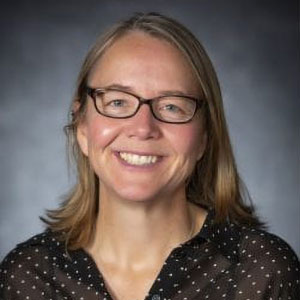
Ruth Sofield, Co-Host
Ruth Sofield is a Professor of environmental toxicology and chemistry in the College of the Environment. She received her PhD and MS in Environmental Science and Engineering at the Colorado School of Mines. Ruth's research group focuses on the effects of water and air pollution. Their current projects include the aquatic toxicity of microplastic and tire wear particles, and the use of moss as a biomonitoring tool for particulate matter. Ruth is a member of the Puget Sound Partnership Science Panel and the President of the Pacific Northwest Society of Environmental Toxicology and Chemistry.
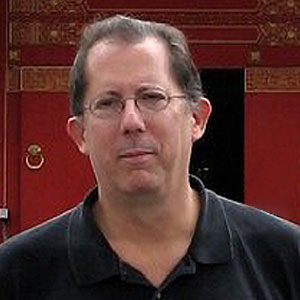
Tracy Collier, Co-Host
Tracy Collier received his PhD in Fisheries Sciences from the University of Washington. He has worked for over 45 years as a toxicologist, with more than 35 of those years spent at NOAA's Northwest Fisheries Science Center, where he served as the director of a science division that employed up to 100 people, covering several disciplines, including environmental toxicology, analytical chemistry, harmful algal blooms, and watershed processes. He has over 175 scientific publications, and currently is an affiliate faculty at Western.
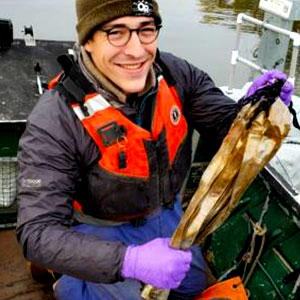
Ian Moran, Co-Host
Ian Moran is a newly appointed Visiting Assistant Professor in the Department of Environmental Sciences at Western Washington University. He conducted his PhD research at Oregon State University leveraging passive chemical samplers and embryonic zebrafish to investigate the occurrence, movement and toxicity of chemical mixtures at contaminated sites in Oregon and Alaska. As an alumnus of the College of the Environment Ian is excited to be back on campus to teach toxicology courses this year!
Accommodations and Other Details
Contact The Foundation for WWU & Alumni for this event by calling (360) 650-3353 or emailing Alumni@wwu.edu.
There will be auto-captions available for this event.
